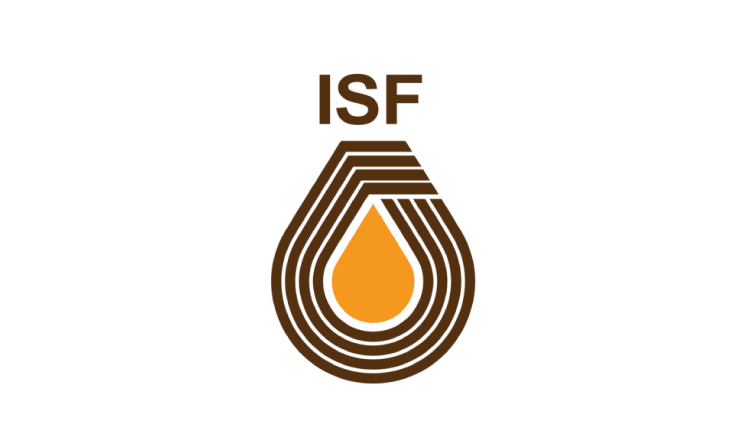History
Intercontinental Specialty Fats Sdn. Bhd. (ISF) was established in 1980 in Port Klang, Malaysia, and quickly became one of the global leaders in the specialty fats and oils industry. With a strong commitment to quality, innovation, and sustainability, the company has expanded its product range and global presence over more than 40 years of operation.
ISF initially established its position in Malaysia by focusing on Cocoa Butter Equivalents (CBE) and, with the opening of its refinery in 1984 and the start of exports in 1985, embarked on its path to global expansion. In 1992, with the launch of a manufacturing facility in Italy, the company strengthened its international presence and expanded its product development into the food, cosmetics, and industrial sectors.
Beyond its commercial growth, ISF is deeply committed to environmental sustainability, implementing sustainable production methods and utilizing renewable raw materials to minimize its environmental footprint.
Why ISF
Upholding Food Safety and Quality Standards
Given that Crude Palm Oil (CPO) and Palm Kernel Oil (PKO) produced by ISF are intended for human consumption, food safety and quality are top priorities in its supply chain. The company enforces strict measures to eliminate contaminants and conducts continuous monitoring of raw materials and finished products to maintain the highest standards throughout its processes.
ISF places a particular focus on controlling contaminants such as MOSH, MOAH, 3-MCPD, and Glycidyl Esters (GE). Some of these contaminants can migrate into products from packaging materials or the refining process, posing potential health risks to consumers. Since 2010, ISF has implemented preventive measures to reduce these contaminants and, by leveraging advanced technologies and international standards, ensures the consistent quality and safety of its products.
Sustainability Mission
Sustainability is one of the core values of Intercontinental Specialty Fats Sdn. Bhd. (ISF). The company firmly believes that sustainability is essential for long-term success and the well-being of future generations. In line with this commitment, ISF has implemented various initiatives across different areas:
- Sustainable Palm Oil Policy: ISF is committed to the responsible sourcing of palm-based products and actively collaborates with its supply chain to support certification programs.
- Responsible Operations: By implementing an Environmental Management System (EMS) in compliance with ISO 14001:2015, ISF works to reduce greenhouse gas emissions, optimize energy and water consumption, and enhance waste management efficiency.
- Traceability: Through active engagement with suppliers, ISF aims to establish a traceable and sustainable palm supply chain, ensuring that all palm-based products are sourced responsibly.
Collaboration with Business Partners
ISF operates based on strategic partnerships and sustainable engagement with suppliers, customers, and international organizations. Through rigorous audits, independent evaluations, and transparent reporting, the company enhances supply chain standards and sustainability, contributing to innovation and sustainable development within the industry. Additionally, by investing in employee training and empowerment, ISF fosters a safe and efficient work environment.
ISF is also an active member of the Palm Oil Collaboration Group (POCG), which brings together over 30 companies across the palm oil supply chain. This collaboration aims to promote No Deforestation, No Peat, No Exploitation (NDPE) policies, playing a key role in advancing sustainable practices within the vegetable oils industry.
